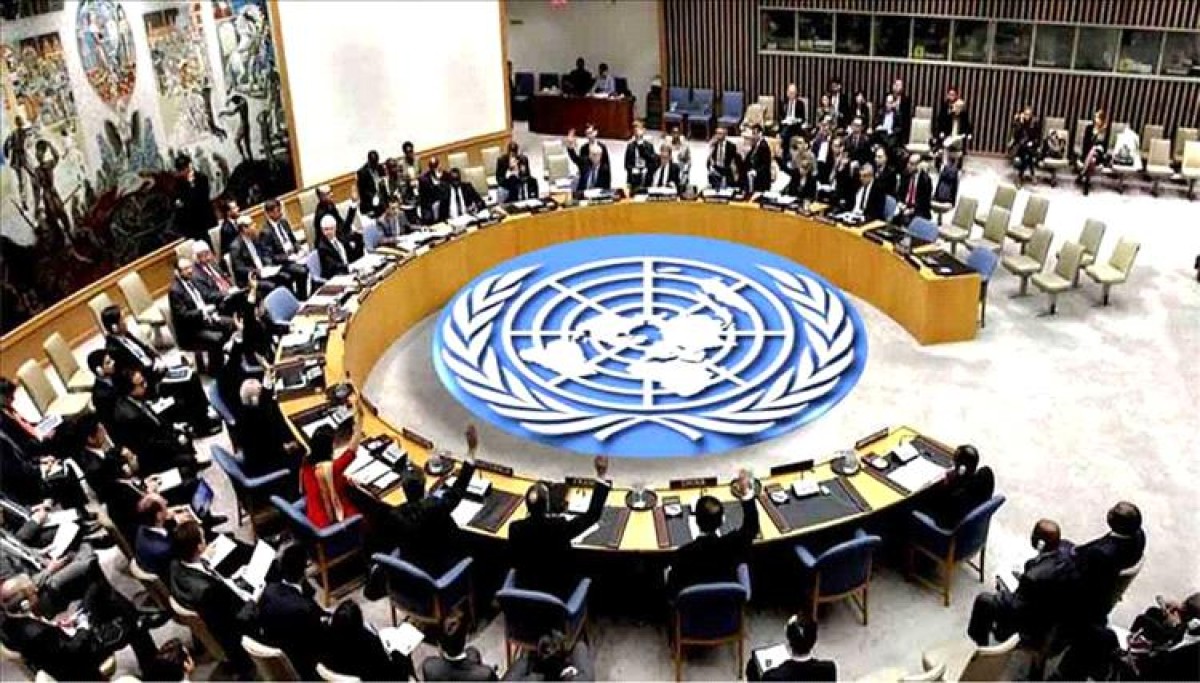The Security Council holds an open session on Yemen


The UN Security Council held an open session on the regime and procedures for the sanctions imposed on Yemen, the extension of which expires in the middle of this month.
The Council heard a briefing from the Permanent Representative of South Korea to the United Nations. Jungkook Hwang, Chairman of the Yemen Sanctions Committee, on sanctions measures.
In his briefing, Hwang discussed the latest efforts of the Sanctions Committee, freezing assets and banning travel against anyone involved in actions that threaten peace, security and stability in Yemen.
During the session, the Security Council reviewed the final report of the team of international and regional experts on Yemen, after the committee recently approved it and submitted it to the Council for discussion.
The report of the UN Security Council Group of Experts on Yemen held the Houthis responsible for the deteriorating economic and humanitarian conditions in Yemen, obstructing efforts to achieve peace and end the war, and accused the group of harnessing huge resources for military purposes.
The report said that the Houthi militia has transformed from an armed group with limited capabilities, into a powerful military organization, due to the support of Iran and its arms in the region.
According to the experts’ report, the Houthis took advantage of the Israeli occupation war on Gaza, and intended to strengthen their position in what is known as the “axis of resistance,” led by Iran, through which it seeks to increase its influence in the region and beyond.
The report stated that the Houthis have transformed from a local armed group with limited capabilities into a powerful military organization that expands its operational capabilities beyond the territories under its control.